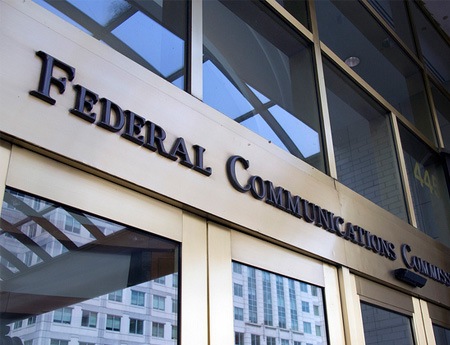Government Salutes Carlin's ‘Seven Dirty Words’

The smarter way to stay on top of broadcasting and cable industry. Sign up below
You are now subscribed
Your newsletter sign-up was successful
The Library of Congress has essentially designated the recording of George Carlin's "Seven Words You Can Never Say On Television" routine, the one that launched the FCC's crackdown on indecency, a national treasure.
Carlin's 1972 album, Class Clown, was among 25 landmark recordings added this week to the library's National Recording Registry, recognized for their "cultural, artistic and/or historical significance to American society and the nation's aural legacy."
A radio station's airing of the "seven dirty words" routine drew the ire of the FCC and a Supreme Court decision (Pacifica) upholding the FCC's ability to censor language it didn't like or at least confine it to certain hours of the day.
"These recordings, by a wide range of artists in many genres of music and in spoken word, will be preserved for future listeners," said acting Librarian of Congress David S. Mao. "This collection of blues, jazz, rock, country and classical recordings, interspersed with important recordings of sporting events, speeches, radio shows and comedy, helps safeguard the record of what we've done and who we are."
So far, only 450 of the librariy's more than 3 million recorded sound items have been accorded that honor.
The Library noted the historical importance of the album's connection with the indecency finding, calling the routine a "discourse not only on those words and their power to offend, but also on the varieties and vagaries of the English language itself." It also pointed out that Carlin was arrested and charged for a public performance of the routine, and while those charges were dropped, added: "[Y]et those words still cannot be spoken on broadcast television."
Well, almost right. They cannot be spoken on television between the hours of 6 a.m. and 10 p.m., when the FCC has said children are most likely to be in the audience.
The smarter way to stay on top of broadcasting and cable industry. Sign up below
Veteran First Amendment attorney John Crigler, who has represented Pacifica since 1985, said of the library's accolade for the Carlin routine: "It illustrates the fact that works may be banned from the airwaves regardless of their merit," he said. “That’s really great news."
Contributing editor John Eggerton has been an editor and/or writer on media regulation, legislation and policy for over four decades, including covering the FCC, FTC, Congress, the major media trade associations, and the federal courts. In addition to Multichannel News and Broadcasting + Cable, his work has appeared in Radio World, TV Technology, TV Fax, This Week in Consumer Electronics, Variety and the Encyclopedia Britannica.

